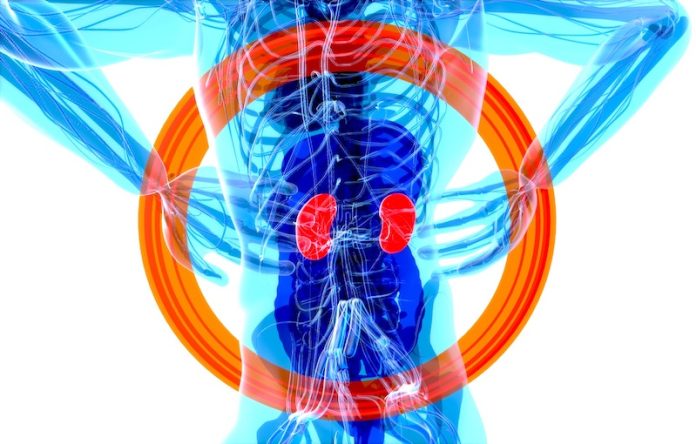
Heart disease, including conditions like heart attacks and strokes, is the leading cause of death in the United States.
Doctors have been fighting this disease by treating things like high blood pressure and diabetes, as well as using drugs like aspirin and statins to lower cholesterol.
But even with all of this, many people still suffer from heart disease. It’s like we’re fighting a fire but can’t put it out entirely.
A New Player in the Game
Recently, scientists from the University of Michigan discovered something that might help us understand why this is happening.
They found that a protein our bodies make, called suPAR (which stands for soluble urokinase plasminogen activator receptor), seems to be causing problems.
What is suPAR?
So what’s suPAR? This protein comes from our bone marrow and works like a thermostat for our immune system, keeping it in balance.
But when there’s too much suPAR in our body, it can cause a condition called atherosclerosis. Atherosclerosis happens when our arteries (the tubes that carry blood in our body) become hard and narrow.
This makes it harder for blood to flow through them, which can lead to heart disease.
What Did the Scientists Find?
The scientists at the University of Michigan made several exciting discoveries. First, they looked at data from over 5,000 people who didn’t have heart disease.
They found that the people with higher levels of suPAR were more likely to develop atherosclerosis and have heart problems, no matter what other risk factors they had.
Next, the scientists looked at the genes of 24,000 people. They found that some people have a specific variant (a different version) of the gene that makes suPAR, and these people tend to have higher levels of protein.
Most importantly, this genetic variant was linked to atherosclerosis in a big study of 500,000 people, and the same link was found in two other large datasets.
The scientists also studied mice and found that mice with high levels of suPAR had more atherosclerotic plaques (build-ups of fat and other substances) in their aortas (the main artery coming out of the heart) compared to mice with normal suPAR levels.
What Does This Mean for Our Health?
This study is unique because it combines different types of data – clinical, genetic, and experimental – all pointing to suPAR as a cause of atherosclerosis.
Scientists are now looking into ways to lower suPAR levels safely as a new way to prevent and treat heart disease.
This could be a big step forward, especially since the usual treatments for atherosclerosis don’t affect suPAR.
Interestingly, the study also found that suPAR is linked to kidney disease, which affects 1 in 7 Americans. It seems that people often have both conditions at the same time.
About two-thirds of people with kidney disease also have heart disease, and over 40% of people with heart disease have signs of kidney disease.
This research, led by Salim Hayek and his team, was published in the Journal of Clinical Investigation. It shines a light on the connection between our hearts and kidneys and shows how a single protein can affect both.
It’s a reminder of how connected different parts of our body are, and how important it is to look at the big picture when trying to understand and treat diseases.
If you care about kidney health, please read studies about a drug that prevents kidney failure in diabetes, and drinking coffee could help reduce the risk of kidney injury.
For more information about kidney health, please see recent studies about foods that may prevent the recurrence of kidney stones, and common painkillers may harm the heart, kidneys, and more.
Copyright © 2023 Knowridge Science Report. All rights reserved.



